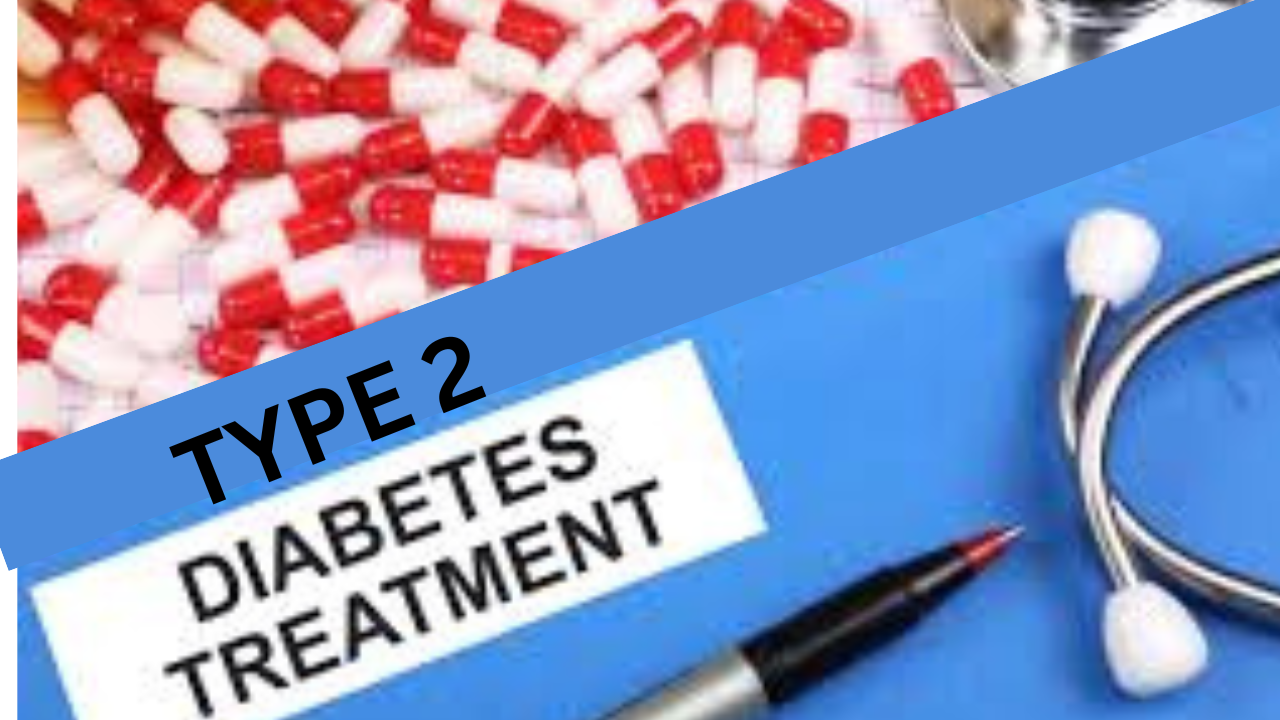What is Type 2 Diabetes in Simple Terms? Understanding the Basics of This Common Condition
What is Type 2 Diabetes in Simple Terms? Understanding the Basics of This Common Condition Overview of Type 2 Diabetes Type 2 diabetes is a chronic condition that affects the way the human body processes sugar (glucose) from the food consumed. When someone has type 2 diabetes, their body either becomes resistant to insulin, a


